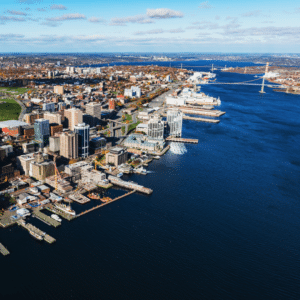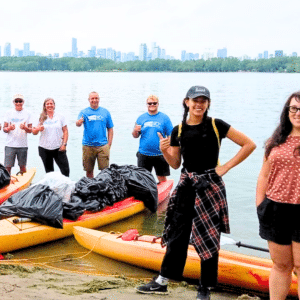We Are Hiring a Grassroots Engagement & Membership Coordinator
 Sierra Club Canada is looking for a Grassroots Engagement & Membership Coordinator to join their Halifax team. In this role, you’ll drive volunteer recruitment, lead membership fundraising efforts, and organize the Annual General Meeting. You’ll work closely with volunteers, chapter leaders, and staff to grow membership and amplify environmental advocacy.
Sierra Club Canada is looking for a Grassroots Engagement & Membership Coordinator to join their Halifax team. In this role, you’ll drive volunteer recruitment, lead membership fundraising efforts, and organize the Annual General Meeting. You’ll work closely with volunteers, chapter leaders, and staff to grow membership and amplify environmental advocacy.
If you’re passionate about fundraising and community engagement, this is your chance to make a real impact while working in a flexible, supportive environment.
Terms & Benefits
- 37.5 hours/week employment at $25/ hr, based on experience
- Annual professional development support
- Benefits including vision, dental and extended medical
- Outstanding vacation policy
- A Hybrid role based in Halifax, NS
To Apply
Read the full job description.
 Please email your resume/CV and cover letter as a single document to hr@sierraclub.ca by March 24th at midnight. Please include “Grassroots Engagement & Membership Coordinator” in the subject line of your email. Your email/cover letter should:
Please email your resume/CV and cover letter as a single document to hr@sierraclub.ca by March 24th at midnight. Please include “Grassroots Engagement & Membership Coordinator” in the subject line of your email. Your email/cover letter should:
- Outline the relevant experience you have in relation to this position.
- Explain why you are excited to join our team.
- Demonstrate how your approach will help SCCF fulfill its grassroots mission.
